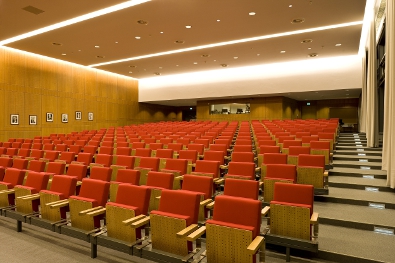The fact that the great resignation hit academia and many people don’t find academia a sustainable workplace anymore is not news anymore. At the end of April this year, I also left my five-year ongoing project at the University of Oxford and, consequently, academia.
Since June 2020, a lot of my colleagues left the Centre for Medicines Discovery (CMD), formerly known as Structural Genomics Consortium Oxford (SGC Oxford), within the Nuffield Department of Clinical Medicine (NDM). The NDM is the department that developed the Oxford COVID19 vaccine, among many other contributions towards solutions to the COVID19 pandemic. But how does the NDM treat the researchers making these great medical achievements possible? This blog will try to answer this and other questions.
Continue reading “University of Oxford: broken contracts, broken backs and broken wings (part 1)”








